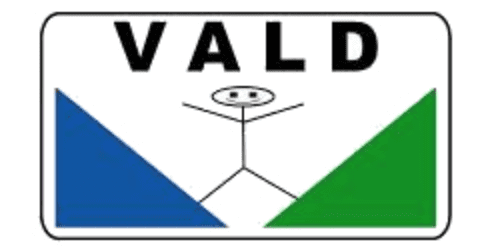The Vision for Alternative Development (VALD Ghana) and other civil society actors in Ghana have called on global leaders and national decision-makers to adopt and enforce alcohol policy solutions to protect and promote human rights and development.
They made the call as they joined communities around the world to commemorate the 2022 World Alcohol Free Day on October 3, to raise awareness on the benefits of an alcohol-free way of life, highlighting the negative impact of alcohol on health and society.
A statement signed by Mr Labram M. Musah, the Programmes Director of VALD Ghana and copied to the Ghana News Agency, quoted United Kingdom guidelines on the benefits of alcohol-free days, stating; “If you wish to cut down the amount you drink, a good way to help achieve this is to have several alcohol-free days each week.”
That, a drinker/drinkers who has adapted the practice of alcohol-free days would experience the benefit of feeling healthier in general, sleeps better have more energy, losses weight, concentrates better, saves money, among other things.
The statement said despite the benefits, there was a deliberate attempt by the industry through their marketing tactics to prevent drinkers from achieving full health benefits.
The VALD Ghana and the other civil society actors expressed their disappointment on how some celebrities and media commentators endorse and promote alcohol advertisements due to their personal gains, without recourse to the harm alcohol inflicts on people’s health.
The statement said the protection of children, youth as well as public health and safety must be a primary concern for all.
It commended the Ministry of Health through the Food and Drugs Authority for restricting alcohol advertisement on television and radio from 0600 hours to 2000 hours as well as the ban on well-known celebrities from advertising alcohol.
“However, there is still more work to be done, especially about alcohol marketing, alcohol accessibility and affordability in order to effectively regulate the industry.
“More and intense efforts are needed at the national level to protect people’s right to live free from alcohol and to promote health and well-being, as well as development through alcohol use prevention,” it stated.
The statement said alcohol consumption was a causal factor in more than 200 diseases, injuries and other health conditions including domestic violence and road traffic accidents, adding that there was a rise to alcohol related diseases and Non-Communicable Diseases (NCDs) including cancers, stroke, liver problems, cardiovascular diseases, mental and behavioral disorder among others.
“Sadly, patients with these diseases are unable to pay for treatment because it is very expensive, and cost of treatment is not included in the benefit package of the National Health Insurance.”
It stated that according to the World Health Organization (WHO), alcohol consumption contributes to three million deaths each year globally as well as to the disabilities and poor health of millions of people– many of them living in low- and middle-income countries, where Ghana belongs.
“Notwithstanding this scary statistics, the alcohol industry is pushing aggressively to maintain their grip on adult consumers as well as to initiate children and the youth to alcohol use, which threatens the health, well-being and socio-economic development of countries such as Ghana.
The statement said the WHO Global Alcohol Strategy provides guidance for policy-makers in Ghana by encouraging them to support children, youth and adults in their alcohol-free way of life and to protect them from pressures to start consuming alcohol.
“The majority of the global adult population live free from alcohol even in high-income countries where more people consume alcohol. There is now a youth generation coming up that chooses to stay alcohol-free longer, embracing healthier, sustainable lifestyle choices,” it stated.
It said: “As we celebrate the benefits of living alcohol-free life on this year’s World Alcohol-Free Day, we call on our political leaders to step up and take decisive actions that protect and support all people to make healthier choices for themselves, their families, communities and countries at large and avoiding every inaction that exposes Ghanaians to all forms of alcohol as is currently happening in Ghana.
“VALD Ghana calls on the government through the Ministry of Health and Food and Drugs Authority to intensify their level of commitment towards protecting the people by implementing and enforcing a more robust and lifesaving alcohol regulation.
“It’s now or never; we call for an effective alcohol policy solution as recommended by the WHO SAFER package, especially on raising alcohol taxes, banning alcohol advertisement, and consciously reducing the availability of alcohol in our communities. “ 
